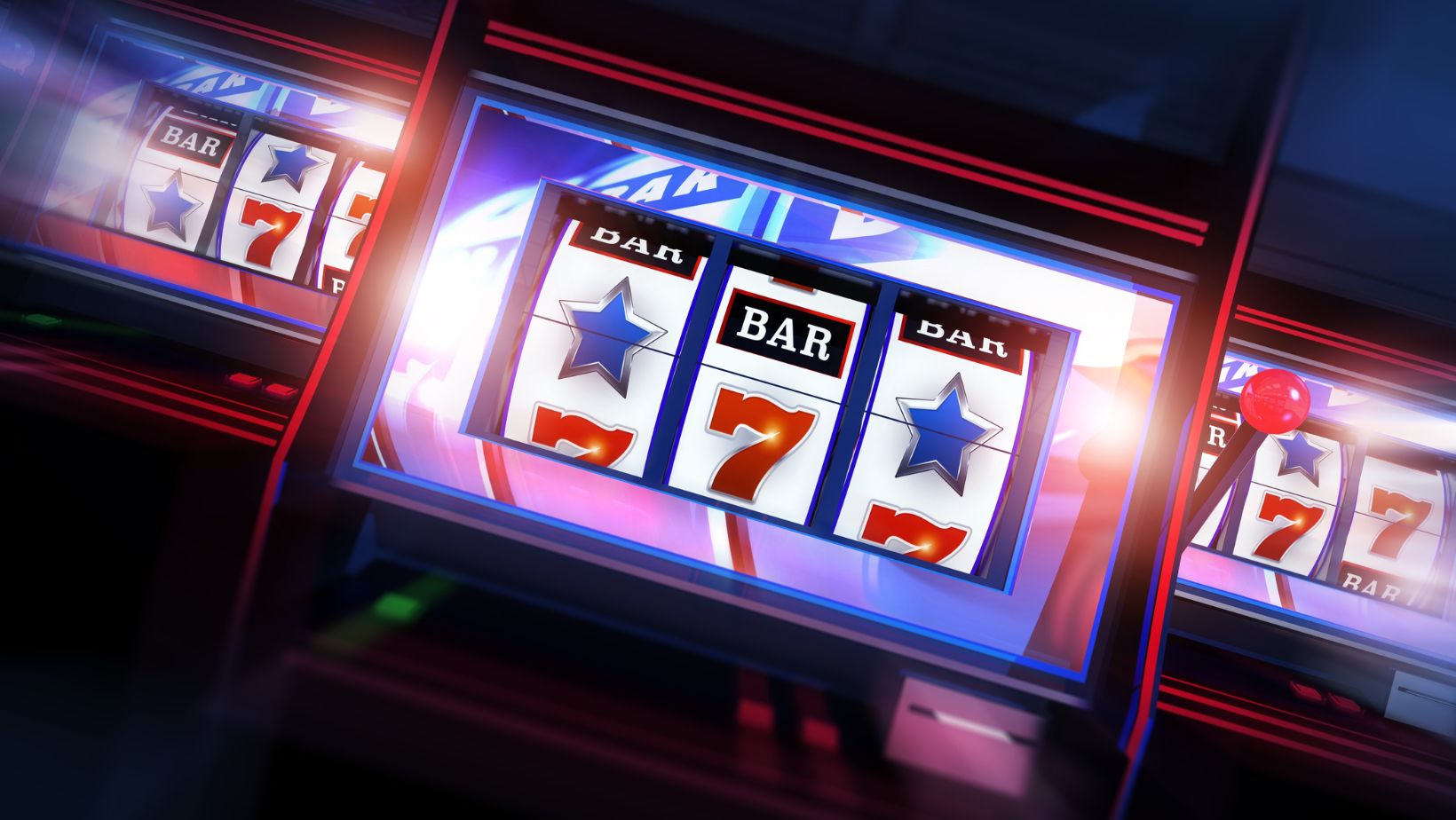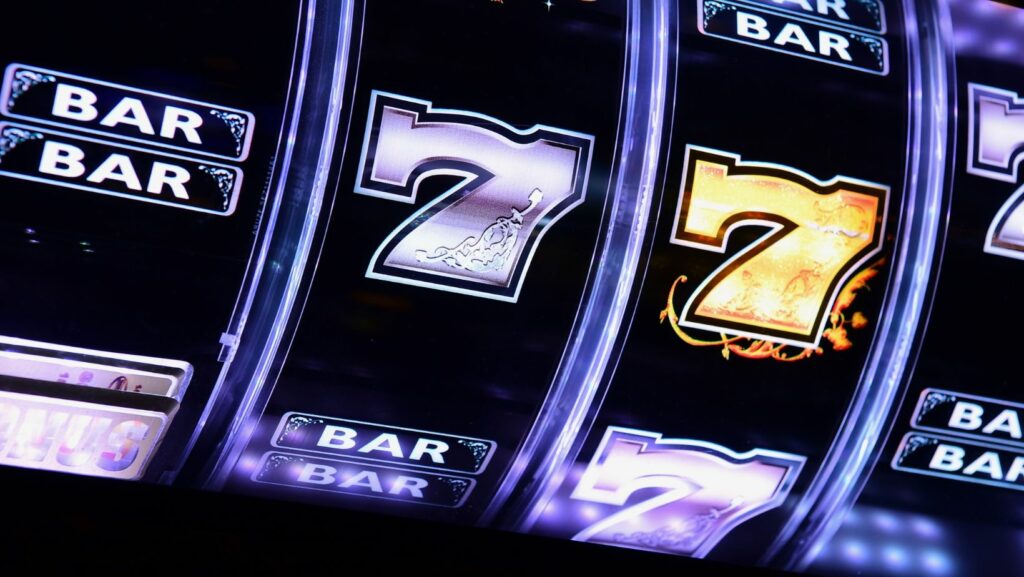Random number generators (RNGs) determine every slot spin, card shuffle and roulette outcome in digital casinos. On traditional platforms, RNGs are controlled by algorithms running on centralized servers. Blockchain technology now changes this dynamic by offering transparent, verifiable randomness that players can audit. Yet, trust depends on how the blockchain RNG is implemented and verified.
Understanding Random Number Generators
RNGs are mathematical algorithms that generate unpredictable sequences of numbers. These sequences correspond to in-game results, ensuring fairness and unpredictability. In licensed casinos regulated by authorities such as the Malta Gaming Authority (MGA) or the UK Gambling Commission, RNGs undergo frequent audits by independent firms like iTech Labs or eCOGRA.
However, blockchain-based casinos use a different approach. Instead of relying solely on closed systems, they leverage decentralized randomness verified by smart contracts. This shift aims to eliminate manipulation risks and increase transparency for players.
At Spin Bit, for instance, each slot outcome links to a unique cryptographic hash, allowing players to verify every spin through the blockchain ledger.
How Blockchain RNGs Operate
A blockchain RNG combines smart contracts and cryptographic hashing to generate results. The process typically involves three major steps: entropy sourcing, combination and validation.
- Entropy Sourcing – The system gathers random data from multiple nodes, such as block timestamps or external oracle inputs.
- Combination – These inputs are mathematically combined and hashed to produce a unique random seed.
- Validation – Once the number is generated, it’s published on-chain where users can confirm it hasn’t been altered.
Because the blockchain ledger is immutable, neither the casino nor developers can modify the outcome afterward.
Example of Technical Flow
This model creates what is known as provably fair gaming, where both the player and the casino can confirm the fairness of each result without needing a central authority.
| Step | Source Component | Verification Layer | Transparency Level |
| Entropy Gathering | Node timestamps, user input | Oracle verification | Medium |
| Hash Generation | SHA-256 algorithm | Smart contract logging | High |
| Outcome Validation | On-chain transaction record | Player-side auditing | Very High |
Role of Oracles
A blockchain alone cannot produce true randomness. It relies on oracles — external data providers — to feed off-chain data into smart contracts. Oracles such as Chainlink’s Verifiable Random Function (VRF) and Random.org’s blockchain API are common in modern gambling systems.
Chainlink VRF, for example, uses cryptographic proofs to verify that the randomness provided to a contract is both tamper-proof and unpredictable. These proofs are publicly available for inspection, ensuring the result is mathematically verifiable.
In 2025, over 300 decentralized casinos across Ethereum, Polygon and Binance Smart Chain networks implemented oracle-based RNG systems. The popularity reflects players’ growing demand for auditability and fairness.
Comparing Traditional and Blockchain RNGs
Both models aim for fairness, but their transparency and architecture differ significantly.
| Feature | Traditional RNG | Blockchain RNG |
| Control | Centralized server | Decentralized network |
| Transparency | Requires external audit | Publicly verifiable |
| Manipulation Risk | Low but possible | Extremely low |
| Speed of Processing | Fast | Moderate to fast |
| Regulation Requirement | Licensed oversight | On-chain validation + license |
| Cost of Operation | Moderate | Higher (gas fees, oracles) |
Blockchain systems remove human interference but introduce new technical costs such as gas fees and oracle transaction delays. Despite this, the transparency advantage remains unmatched.
Auditing and Player Verification

Players can independently verify random results by using blockchain explorers or in-game verification tools. When a player spins a blockchain-based slot, the system generates a server seed, a client seed and a nonce.
The final outcome results from combining these three elements and anyone can reproduce the process using open-source verification scripts. This is the foundation of provably fair mechanics.
For example, a player might input the seed values into a verification widget provided by the casino. The system then reproduces the hash and confirms whether it matches the one stored on-chain. If the hashes align, the spin was fair.
Real-World Implementations
Casinos like BC.Game, Stake and Fairspin have integrated blockchain RNGs in their games since 2019. These platforms record each game round’s result on Ethereum or Binance Smart Chain, making every transaction traceable.
By 2024, Fairspin alone logged over 120 million provably fair transactions, publicly viewable via blockchain explorers. This transparency attracted regulatory recognition in Curaçao, where hybrid licensing for blockchain casinos was introduced to accommodate this innovation.
Meanwhile, traditional iGaming giants like Betsson and 888Casino are testing hybrid models that combine standard RNG audits with blockchain verification for selected games.
Security and Potential Weaknesses
While blockchain RNGs minimize fraud, they are not invincible. The most common risks include:
- Oracle Manipulation – A compromised oracle can inject predictable data.
- Smart Contract Bugs – Faulty code may leak random seeds or allow pre-determined results
- Front-Running Attacks – Miners or validators could attempt to reorder transactions to gain an advantage.
- Network Congestion – High blockchain traffic can delay random number confirmations.
Developers mitigate these issues through multi-oracle systems, time locks and cryptographic proof layers. Chainlink VRF and API3’s QRNG remain the industry standard for decentralized randomness in 2025.
Regulatory Perspective
Authorities like the Malta Gaming Authority and Isle of Man Gambling Supervision Commission now recognize blockchain RNGs as compliant, provided they include certified oracle integrations. This recognition bridges the gap between decentralized technology and established iGaming frameworks.
Casinos must still prove the reliability of their on-chain random functions through third-party testing. Certification labs now test smart contracts alongside traditional RNG audits, verifying both randomness and immutability.
By 2025, at least 50 licensed casinos worldwide had secured partial certification for blockchain-based RNGs — a sign of growing institutional trust in the technology.
Player Experience and Transparency
From a player’s point of view, blockchain RNGs deliver unmatched confidence. Every spin or card shuffle leaves a digital fingerprint visible to anyone. Instead of trusting a casino’s word, players can verify fairness mathematically.
The technology also supports instant data sharing across networks. A player who wins on a blockchain slot can trace the entire event — from seed generation to blockchain confirmation — without needing access to private logs.

